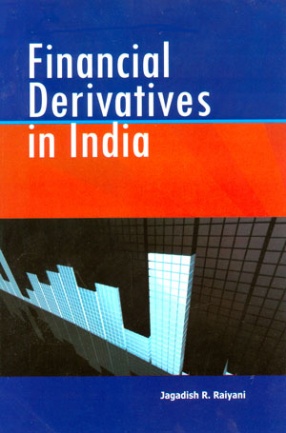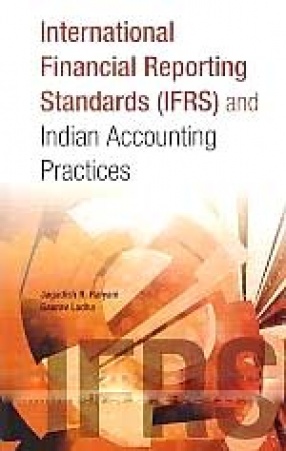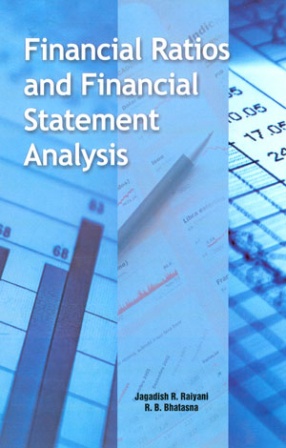Derivatives are financial instruments/contracts whose value depends upon the value of an underlying. Since their value is essentially derived out of an underlying, they are financial abstractions whose value is derived mathematically from the changes in the value of the underlying. In recent years, complex financial products – such as asset-backed securities, derivatives, credit-default swaps (CDSs) and collateralised debt obligations (CDOs) – have proliferated in developed countries. These products have become highly popular with banks and financial institutions as they allow them to hedge their risks and manage their financial resources more efficiently. Although various structured products have enabled the transfer of risks and enhanced the liquidity of instruments, the recent turmoil in the US sub-prime mortgage market and related developments connected with complex derivatives have also brought to the fore the risks posed by these instruments. In India, financial products such as mortgage-backed securities (MBS) and asset-backed securities (ABS) are in existence. Besides the securitised products, the Indian forex and rupee derivative markets have also developed significantly over the years. In its Annual Policy Statement for the year 2008-09, the Reserve Bank of India (RBI) announced the introduction of currency futures in the eligible exchanges for which the broad framework was announced in August 2008. This book explains, in simple and lucid language, the basics of financial derivatives and their growth and role in the Indian financial system.
Financial Derivatives in India
In stock
Free & Quick Delivery Worldwide
Bibliographic information
Title
Financial Derivatives in India
Author
Edition
Ist ed.
Publisher
New Century Publications, 2011
ISBN
9788177082555
Length
198p., 24cm.
Subjects








There are no reviews yet.